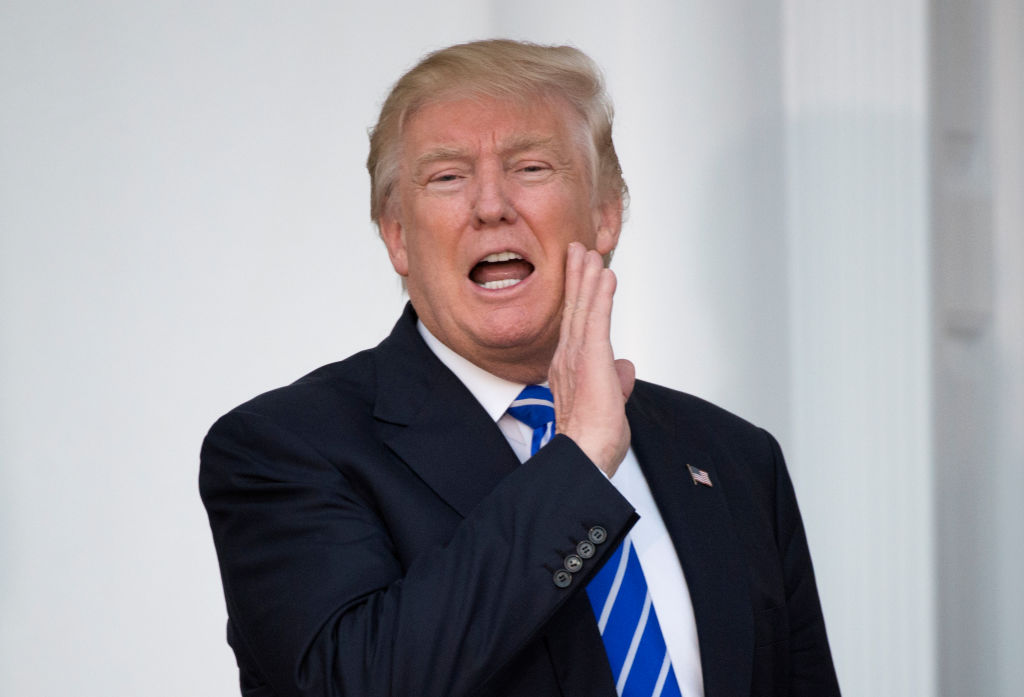Unpacking the Paul Weiss-Trump Administration Deal
The Background of the Deal
In a significant event last month, Paul Weiss chairman Brad Karp engaged with the Trump administration following an Executive Order perceived by critics as an attempt to financially cripple the firm. This marked a pivotal moment in the dynamics between major law firms and emerging authoritarian tendencies in governance.
Key Players and Negotiations
Reports indicate that Karp was not alone in this endeavor. Bill Burck from Quinn Emanuel Urquhart & Sullivan assisted during the negotiations, while Trump’s personal attorney, Boris Epshteyn, was also deeply involved. Interestingly, Bob Giuffra, co-chair of Sullivan & Cromwell, participated as well. His role has piqued curiosity, especially after S&C took on a criminal appeal for Donald Trump, stirring internal debates within the firm.
How the Negotiation Initiated
According to sources familiar with the situation, a Paul Weiss partner contacted Richard Farley of Kramer Levin shortly after the executive order was issued. This partner, whose identity remains undisclosed, sought Farley’s assistance in arranging a meeting with the White House. Farley had once been considered as a candidate for the chairmanship of the Securities and Exchange Commission.
Ultimately, Farley was willing to involve Giuffra, but he insisted on confirmation from Karp beforehand. Karp later claimed he was unaware of Giuffra’s involvement until negotiations commenced on March 19.
The Meeting and Its Aftermath
An intriguing twist unfolded during the March 19 meeting at the Oval Office. While discussing the serious implications of national security and discrimination issues related to the executive order, conversations surprisingly shifted to golf. Trump, Karp, and Giuffra engaged in a light-hearted rivalry concerning their golfing skills.
Concerns Over the Deal’s Implications
Following the discussions, the terms of the agreement continued to evolve, though the final documentation remained unsigned. Questions arose regarding Giuffra’s involvement and the broader implications for law firms facing executive orders aimed at them.
A Sullivan & Cromwell spokesperson clarified, stating, “There’s been a misunderstanding of the facts.” They emphasized that Giuffra had no prior knowledge of any law firm executive orders until their public release, reinforcing that his involvement was limited to Paul Weiss.
The Silence of Sullivan & Cromwell
An additional point of interest is the muted response from Sullivan & Cromwell regarding the executive orders that have significantly affected Biglaw firms. The chilling effects of such measures pose critical questions about the future balance of power in the legal industry.

